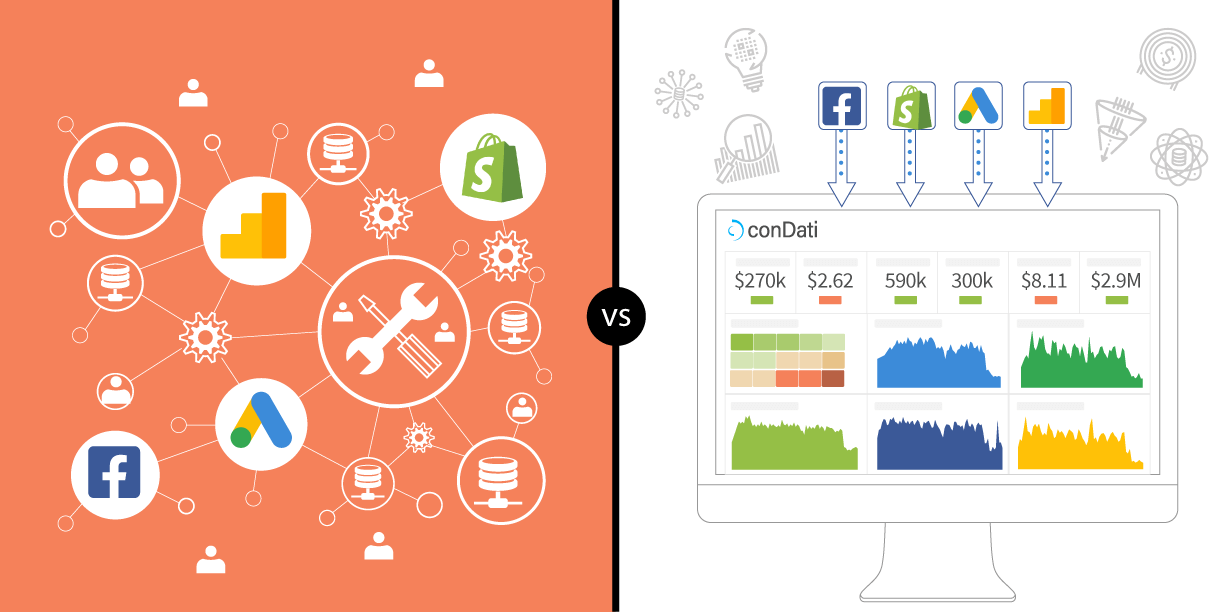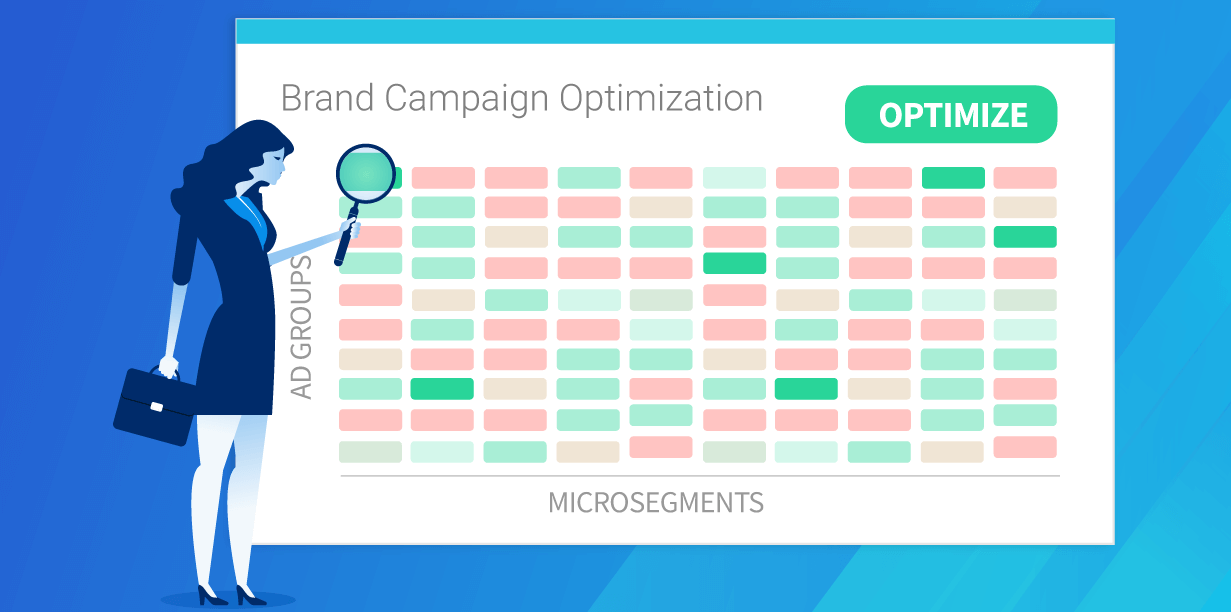Love Your Data ... and it Will Love You Back

As a marketer there are a lot of questions we need to be able to answer to make the best campaign and spend decisions. The top ones I’m asking myself these days are:
- Where should I invest my marketing dollars for optimal return?
- How do I prove ROI or impact of my marketing efforts on the bottom line?
- How can I segment my target audience so I’m reaching the right people at the right time?
- How can I generate quality leads that have the highest propensity to result in a sale?
- How do my paid media channels (e.g., Google Ads, Facebook Ads, LinkedIn Ads) compare against each other?
As we know, the elusive answers to these questions are found in the enormous amount of data we are collecting including customer touch points and sales data.
To get answers to the above questions you need analytics at your fingertips that ties marketing activity to spend and revenue. But as much as we would love it to, this doesn’t magically happen. You could buy the best analytics tool out there and still not achieve it. Best practice campaign tracking needs to be in place whether you work for an ecommerce or B2B company, or are marketing higher education.
What is Campaign Tracking?
Let’s start at the beginning with a quick definition of campaign tracking in the broadest terms from Google.
“Campaign tracking refers to a method of identifying how users discover your website.”
The way that I like to describe it is that it is data collected, parsed and analyzed in tools like Google Analytics through code attached to the end of website URLs.
Think of the process to add this little bit of code to all your call-to-action URLs driving traffic to your website as your way of showing your ❤︎ to data. It’s time well spent! I know, it sounds a bit weird but bear with me.
The reporting created from this data helps marketers connect the dots between a campaign interaction such as clicking on an ad, to outcomes like form fills or revenue. The insights you get from these reports helps marketers make decisions about where to allocate time and resources to improve results and where to allocate ad spend for higher returns. If everything is set up correctly you can not only make informed decisions at the campaign and ad platform level but at the creative and keyword level too … THIS IS YOUR DATA RETURNING THE LOVE ❤︎
The flip side to that is, when you don’t have it set up or it is done incorrectly the connection between your ad clicks and conversion is broken, limiting the reliability and accuracy of the reporting that you are basing your decisions on.
So why is it important?
Campaign tracking helps marketers understand what is working and what is not working. Like I just alluded to, the main benefit is being able to make informed decisions about your campaigns and spend. That old adage “work smarter, not harder” comes to mind when I think about campaign tracking.
Campaign tracking data can help you make decisions to get the most out of your budget, so you can successfully achieve your goals.
Understanding how much traffic is coming to your website from which sources and campaigns, and what actions they took once they got there can really help marketers focus on those activities that are driving high volume with the best results. You can start answering questions like whether paid social or online ads work better. Or whether Facebook Ads or Google Ads work better.
Taking that one step further, if you can then tie that web traffic information to ad spend and conversion goals you now have the data to confidently allocate ad spend for the best outcome.
How is it done?
![]() Not sure exactly how to give your data the ❤︎ it needs? Watch the Campaign Tracking 101: An Introduction to UTM Tags webinar replay to learn:
Not sure exactly how to give your data the ❤︎ it needs? Watch the Campaign Tracking 101: An Introduction to UTM Tags webinar replay to learn:
- What campaign tracking is and why you should have it
- UTM tagging and how important it is to get it right
- How to monitor, maintain and fix UTM tags





